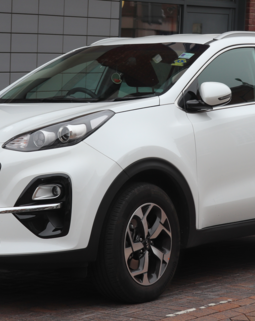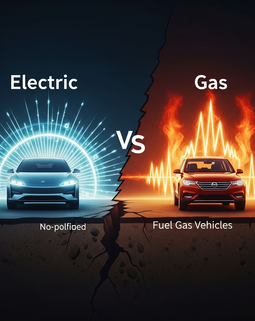In an era marked by escalating concerns over climate change, nations across the globe are fervently seeking sustainable solutions to reduce greenhouse gas emissions. Liberia, known for its rich biodiversity and natural beauty, has embarked on a visionary path to combat climate change. One of the significant steps in this direction is the adoption of electric cars.
Greening the Streets of Liberia
Liberia's transition to electric cars marks a significant shift in its transportation landscape. By introducing electric vehicles (EVs) into its infrastructure, the country aims to reduce its carbon footprint and dependence on fossil fuels. The initiative aligns with Liberia's commitment to the Paris Agreement and national development agenda.
Overcoming Infrastructure Challenges
One of the foremost challenges facing Liberia's electric vehicle adoption is the development of charging infrastructure. Establishing a robust charging network is essential to ensure the practicality and convenience of EVs for the nation's residents. In partnership with international organizations, Liberia's government is actively working to address this issue and promote sustainable mobility.
Economic Benefits and Job Creation
The transition to electric cars is not only an environmental endeavor but also an economic one. Liberia seeks to create job opportunities and stimulate economic growth by investing in electric vehicle production and maintenance. The shift towards EVs is expected to bolster the nation's automotive industry and reduce the importation of fossil fuels.
Climate Change Mitigation
Liberia's commitment to combat climate change through electric cars aligns with its determination to mitigate the adverse effects of global warming. By reducing emissions from the transportation sector, the country contributes to international efforts to limit temperature increases and protect vulnerable ecosystems.
Setting an Example for Africa
As one of the first nations in West Africa to prioritize electric cars, Liberia serves as a beacon of hope and inspiration for other African countries. Its pioneering efforts in sustainable transportation demonstrate the region's potential to embrace cleaner and greener technologies, ultimately contributing to the continent's sustainable development.
Conclusion
Liberia's embrace of electric cars as a means to combat climate change exemplifies its dedication to a sustainable future. While challenges such as infrastructure development persist, the nation's commitment to reducing emissions, stimulating economic growth, and setting an example for the African continent is commendable. Liberia's journey towards electrifying its transportation sector benefits its environment and reinforces its role as a responsible global citizen in the fight against climate change.





